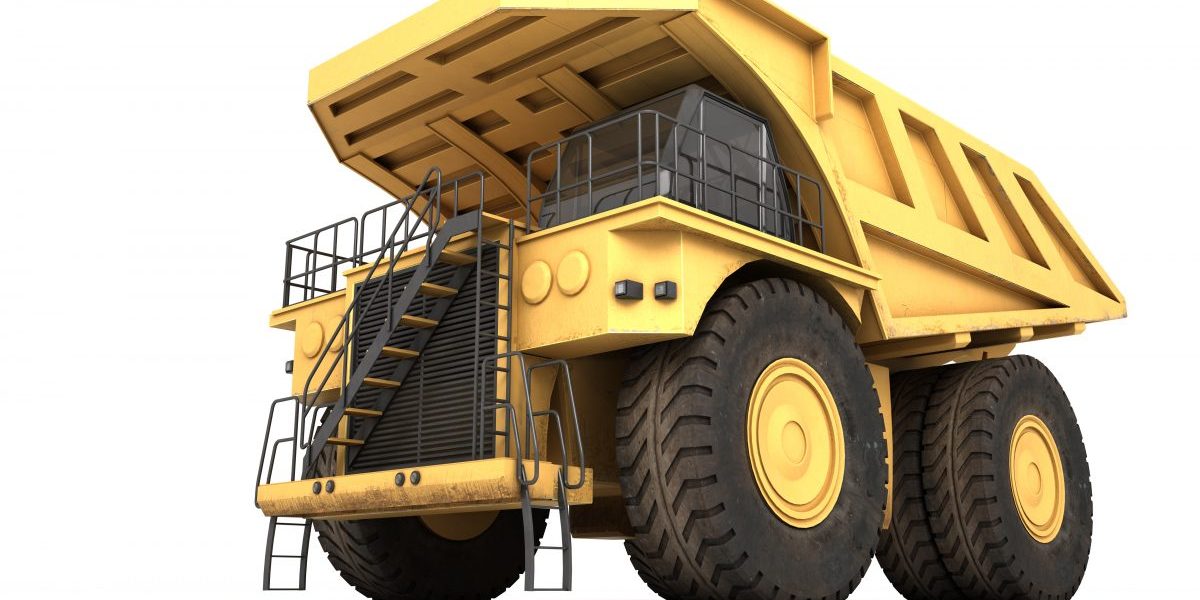Summary:
- Southern Africa has great potential to become a leader in the electrical vehicle-related minerals and metals (EVMM) industry and grow the value chain. To achieve market recognition and become part of the global EVMM value chain it needs a paradigm shift in the way ‘local’ is defined in local content mining. SADC member states (MS) should realise that regional collaboration is crucial for all regional stakeholders to benefit, and therefore requires MS to broaden their definition of local to be equivalent to – and inclusive of – the region.
- Achieving regional policy certainty is one of the first steps in building the EVMM value chain. The SADC Business Council, preferably with backing from the SADC Secretariat and MS, should develop a public–private EVMM working group with a programme and activities in support of the SADC Industrial Development and Trade and Infrastructure and Services directorates.
- An easy win for SADC MS in building regional collaboration on EVMM value chains is to ratify the SADC Industrial Development Policy Framework and Action Plan and adopt the Industry Protocol of the SADC Industrialisation Strategy and Roadmap to grow regional industry.
- Apart from key policy decisions and certainty on the EVMM value chain, a regional coordinating body is needed. Knowledge partners such as the Mandela Mining Precinct should establish a regional EVMM coalition to support the activities of a SADC Business Council EVMM working group, thereby ensuring the development of a sustainable regional supply and value chain.
- Creating quality and decent jobs in the mining sector associated with the EV industry is central to the green economy argument and essential regional green recovery focus. To enable well-being and decent jobs SADC MS should enhance community ownership and livelihood dividends by diversifying their mineral supply chains to incorporate both artisanal/small-scale mining and large-scale enterprises.
- The AU and UNECA’s African Mining Vision (AMV) remains the keystone continental policy framework and comprehensive action plan to address all mining-related matters. It is therefore imperative that the regional EVMM working group and coalition prioritise and advocate the finalisation of the AMV’s regional vision as a guiding normative framework for the development by SADC MS of their national mining visions.
- The drive for low-carbon minerals and metals towards sustainability also has significant disadvantages for socio-ecological systems. Mining and metals are among the world’s most prolific producers of waste. The mining sector requires a paradigm shift in thinking about waste. A major obstacle lies in SADC governments definition of ‘waste’ in waste policies. Mining companies, governments and civil society should look beyond the narrow preoccupation with primary production waste and instead take a circular economy approach to mining, and thus mining waste, guided by the Extractive Industries Transparency Initiative.








